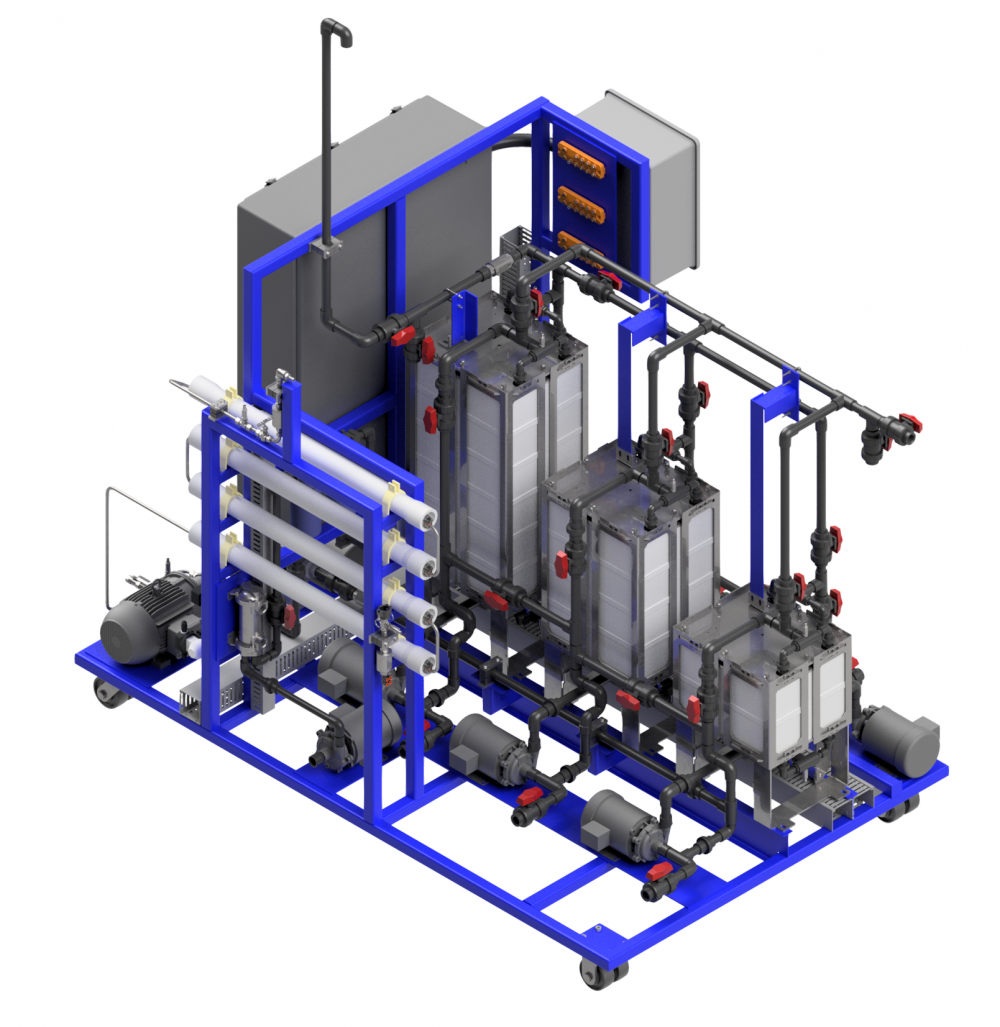


The accelerator is part of Amazon’s $100 million Alexa Fund, which launched in 2015 and is used by Amazon to invest in companies that will push the boundaries of voice-based interaction.

The next generation Amazon Echo and the Echo Plus, which is equipped with a built-in smart home hub. A recent forecast from eMarketer estimates that Amazon will have a 71 percent market share of all voice-enabled speakers in the U.S. Amazon is battling other tech giants like Google, Microsoft, and Apple in the competitive voice assistant market, though it has a big lead as the first mover. Both the Alexa virtual assistant and Echo devices are two of the company’s most successful products. But as we say at Amazon, it is still Day 1.”Īlexa powers Amazon’s Echo smart devices, and can be integrated into other third-party devices. “We will see many different kinds of technologies emerge and many different use cases of conversational AI. “When I walk through the floor here and see what you all are doing, it’s incredibly exciting,” Prasad told the crowd. Prasad talked about the complexity of Alexa’s technology - “while it seems simple, it is incredibly hard to make it work,” he noted - but also showed how there are seemingly-infinite opportunities for engineers and entrepreneurs to tackle on this nascent platform. But as we say at Amazon, it is still Day 1. We will see many different kinds of technologies emerge and many different use cases of conversational AI. Rohit Prasad, vice president and head scientist for the Amazon Alexa team - which has grown to 5,000 employees - gave an opening keynote before each startup pitched their ideas to a crowd of investors, entrepreneurs, and others from the community.

Rohit Prasad, vice president and head scientist for the Amazon Alexa team. On Tuesday the program culminated with a Demo Night at the Museum of History and Industry in Seattle’s South Lake Union neighborhood.


 0 kommentar(er)
0 kommentar(er)
